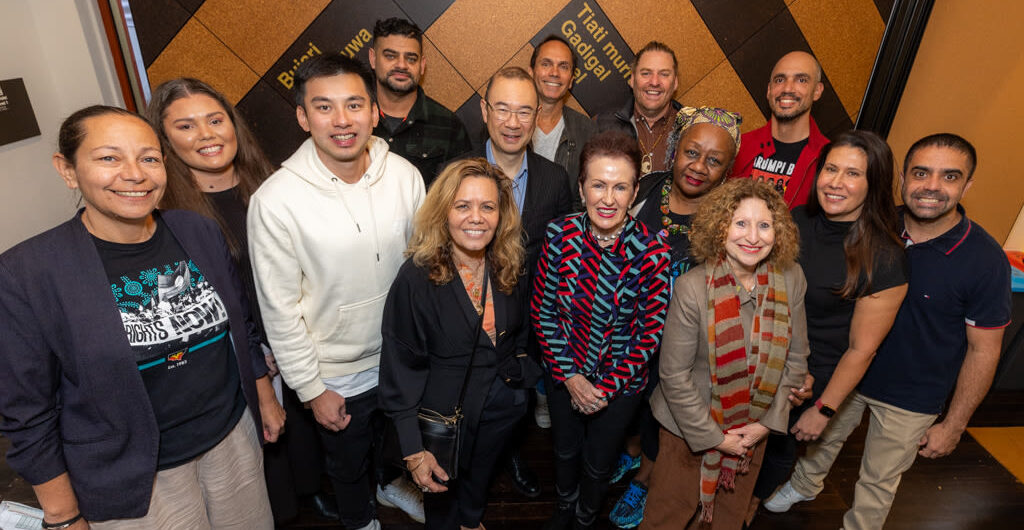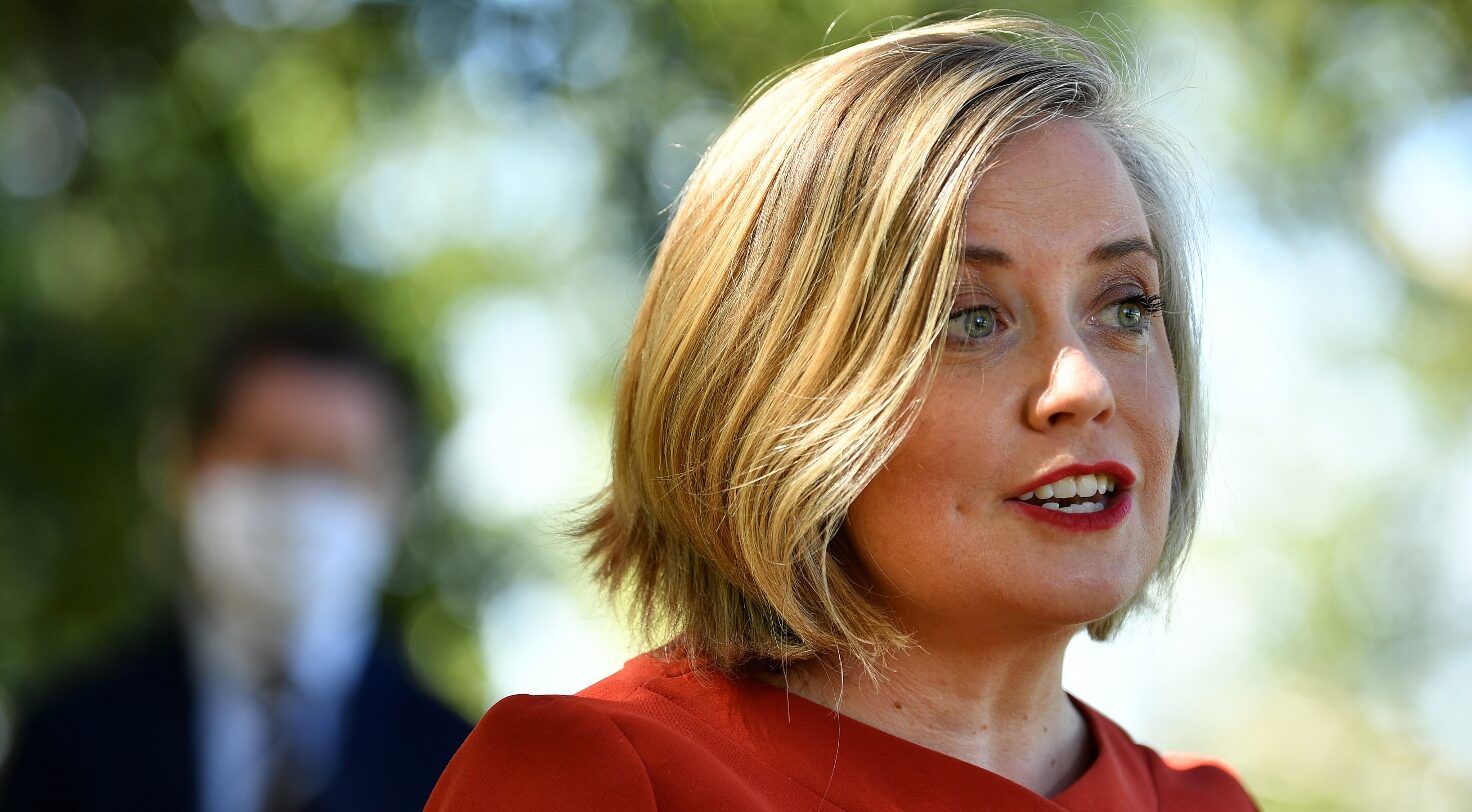
On the Sydney campaign trail
The 2010 election in Sydney was set to play out like many before it in the extremely safe Labor seat, or so it seemed on the surface.
A Labor stronghold since 1998, it appeared Labor would retain power almost unchallenged despite the unusual circumstances leading to the election and rushed date.
Prime Minister Julia Gillard called the election on July 17 but many of the candidates failed to start campaigning immediately.
On the streets of the electorate, not a single banner, poster or flag was seen until around week three, and no leaflets were distributed until mid-way through week two.
The Communist Alliance’s Denis Doherty admits he had problems getting organised for the campaign.
“We had to make decisions on how to run,” he said, “[It was a] bad start.”
Similarly, Christopher Owen of the newly formed Secular Party was not included on ABC election expert Antony Green’s website until after week two.
To the untrained eye, it seemed that besides Labor’s Tanya Plibersek and Greens candidate Tony Hickey’s presence, there was no other campaigning in the Sydney electorate.
However other candidates were campaigning in the online arena, including Secular Party Candidate, Christopher Owen.
“My online presence is effectively my only presence,” he said.
“My blog is getting a steady stream of traffic from twitter, the ABC election site, mypolitician.com.au, the Secular Party website and various Facebook postings.”
Mr Owen said he felt using solely online methods to connect with voters didn’t hurt his campaign, and he had great success interacting with voters.
“I think the target audience for our message is very much aligned with the typical user of these social media platforms,” he said.
“I’ve had a fair few emails from voters in the electorate and requests for meetings.
Owen conceded he had no way of knowing what the outcome to his approach might be.
He outlined his main objectives for himself and the new party as “simply establishing some sort of profile and getting the party’s name and objectives out there.”
Owen’s independent competitor Jane Ward also took an online approach to her campaign.
Ms Ward’s website states she is “trying to run a largely digital campaign this election,” and “this website stands as my current policy document.”
The site displays links to all of her major policies and allows voters to contact her directly via email. Ward’s website is her only online presence however.
She does not have the immediate interaction with Twitter and Facebook users that Mr. Owen has, and her profile on mypolician.com.au lists only her email address.
Despite her lack of online contact points, Ward seemed to preemptively point the finger at the GetUp! organisation for her lack of support from the community.
In a statement of what could seem to be reliance on GetUp! to spread her message, Jane Ward stated: “In previous recent elections all candidates were internet polled.”
“If they chose to participate, their policy profiles were published and contact and background details for candidates provided.”
“I was expecting the same to be done this election and am surprised and profoundly disappointed that it hasn’t,” she said.
In an email from GetUp! a spokesperson said: “Undecided voters in marginal seats will determine the outcome of this election.”
“When they open their newspaper on Friday and Saturday, make sure they see our Issue Scorecard, an independent guide to where the parties stand on the issues.”
Communist Alliance candidate Denis Doherty took a traditional approach to campaigning.
Mr Doherty had success with leafleting, covering roughly 40 per cent of homes, and canvassing and holding stalls at various transport hubs in the electorate.
Attempting to campaign in and around shopping centres caused many headaches as Mr Doherty and his volunteers were asked to leave more than once.
“[Shopping centres are] owned by large companies and have taken people off the high street,” he said.
“We cannot go into the shopping centres…meet the people and we don’t get any media coverage.
“If we went into the shopping centres, we would be arrested and our material confiscated.”
“The UN says you can express a political opinion in a public place.”
Tanya Plibersek held a stall at Broadway shopping centre during the campaign.
Doherty also pointed to a Tenant Advocacy course for resident run by the Housing department for as an example of where he claims Ms Plibersek used her position as Housing Minister to influence voter and made note of a Australian Services Union meeting.
“The forum was for community works and they only invited Tanya Plibersek, they didn’t invite me, and I’m a member.”
“[I was] not allowed to speak to a members of my union,” he said, “that’s how unfair and unjust it is in 2010.”
Pre-selected Greens state secretary and candidate for Sydney, Tony Hickey had a more positive campaign.
Running a traditional meet-and-greet campaign combined with online presence Hickey said attempting to change public perceptions about preference deals was important, as many voters believed a vote for the Greens was the same as voting for Labor.
“It is important to give advice to voters…it is our number one priority,” he said.
Mr Hickey said he was confident the Greens would get a better result in this election.
“I’ve had quite a few people say ‘I’m voting Green this time’.”
Hickey’s aim this election was to beat Liberal candidate Gordon Weiss.
In 2007 Greens candidate Jenny Leong received 20.71 per cent of votes and the Liberal candidate Georgina Anderson recieved 26.70 per cent.
This time around, Weiss received 27.1 per cent, and Hickey 23.7 per cent.
While Hickey didn’t manage his goal, he reduced the margin the two Parties’ primary vote, and was pleased with the result of the election.
“It’s very interesting,” he said. “[People are now] talking about how the counting is run and the democratic process, it’s very positive.”
In letterboxes across the electorate, Tanya Plibersek’s helpers posted leaflets documenting the Government’s local achievements.
Ms Plibersek’s campaign encountered a similar disillusionment faced by Labor nationally with additional pressure from her position as Minister for Housing, an issue of great importance to inner-city residents.
During the election Labor suffered a 5.1 per cent swing away with a total of 44.6 per cent of the primary vote. This compared with the 2007 election which saw 48.99 per cent of first preference votes, a 3.92 per cent swing towards Labor.
Liberal candidate Gordon Weiss was almost nowhere to be seen during this election
After attending the ballot draw he was absent as Hickey and Plibersek campaigned at various locations across the electorate.
Neither of the two major parties could be contacted for comment.
At this time, neither major party has the 76 seats needed to form government.
By Meaghan Kirby









